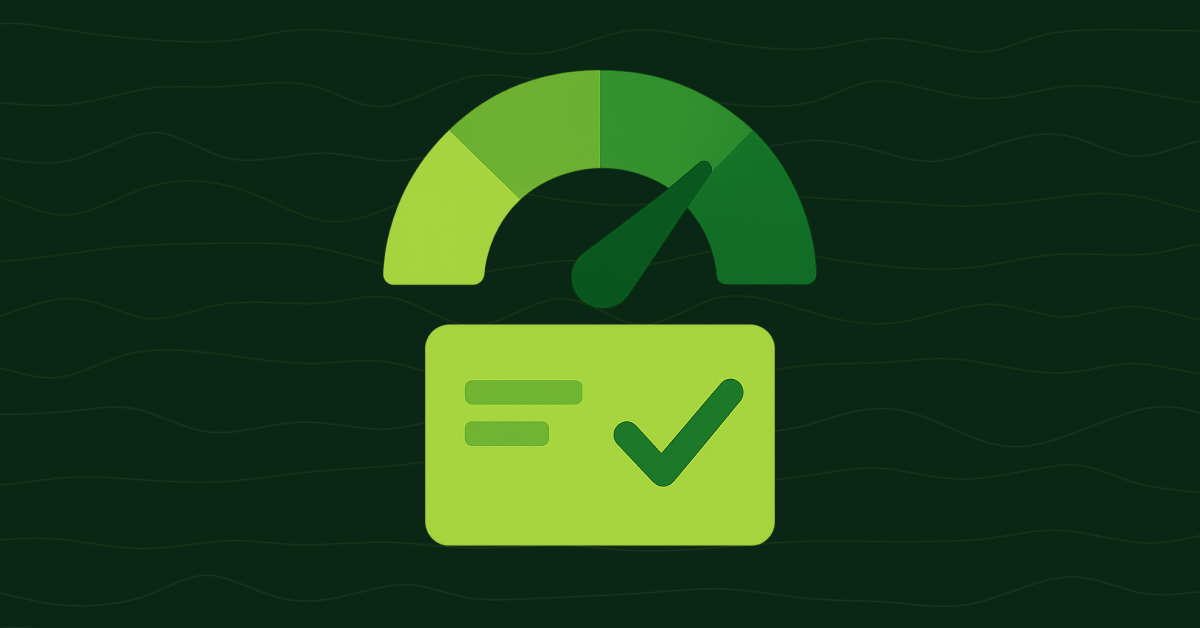What Is a Good Credit Score and How Do I Get One?

What Is a Good Credit Score and How Do I Get One? A good credit score is important for a healthy financial life. If your score is less than stellar, you’ll have a harder time getting a loan, finding an apartment, and even landing certain jobs. The good news is, it’s never too late to improve your credit score. By understanding what makes a good credit score and following a few key tips, you can get your credit back on track!
What Is a Good Credit Score?
A good credit score is a credit score that is at or above the average credit score in the United States. The average credit score in the United States is 711. A good credit score is an important factor in determining your ability to get a loan, credit card or other type of credit. A good credit score can also help you get lower interest rates on loans and credit cards.
Lenders and credit card companies use credit scores to help them decide whether or not to lend you money and what interest rate to charge you. If you have a good credit score, lenders and credit card companies are more likely to lend you money and to charge you a lower interest rate. If you have a bad credit score, lenders and credit card companies are less likely to lend you money and may charge you a higher interest rate.
What Is a Credit Score?
A credit score is a three-digit number that is used to determine how likely you are to repay a loan. The higher your score, the more likely you are to get a loan and the better the interest rate you will get. The lower your score, the less likely you are to get a loan and the higher the interest rate you will get.
Your credit score is based on the information in your credit report. There are a few different companies that calculate credit scores, but the most common is FICO. FICO scores range from 300 to 850. A score of 700 or higher is considered good, while a score of 800 or higher is considered excellent.
What Is Considered a Good Credit Score?
Credit scores range from 300 to 850 points. A good credit score is considered to be 670 points or higher. A very good credit score is considered to be 740 points or higher, and an excellent credit score is 800 points or higher.
Most Americans have a credit score between 600 and 750 points. If you have a credit score of 800 or higher, you’re in the top 20% of all Americans.
It’s important to note that your credit score is just one factor that lenders consider when evaluating your creditworthiness. Other factors include your credit history, income, and the amount of debt you currently have.
What Is a FICO Credit Score?
The FICO (Fair Isaac Corporation) score is the most widely used credit score in lending decisions and is based on a person’s credit report data. The data is grouped into five categories, each weighted differently, to calculate a FICO score:
• 35% Payment history
• 30% Amounts owed
• 15% Length of credit history
• 10% New credit
• 10% Credit mix
How Do I Get a Good Credit Score?
If your credit score isn’t where you want it to be, don’t worry. There are plenty of ways to improve it.
1. Pay your bills on time. This is the most important thing you can do to improve your credit score.
2. Pay down your credit card balances. This can have a big impact on your credit score.
3. Don’t close old accounts. This can lower your credit score.
4. Don’t open too many new accounts. This can also lower your credit score.
5. Check your credit report regularly. You can get a free copy of your credit report once a year from each of the three major credit bureaus.
1. Pay Your Bills on Time
This is the most important factor in your credit score. Lenders want to know that you can be trusted to pay your bills on time. This includes all of your monthly bills, not just credit card bills.
Even if you have a history of late payments, you can start to turn things around by paying your bills on time from now on. The more time that has passed since your last late payment, the less of an effect it will have on your credit score.
If you have trouble remembering to pay your bills, consider setting up automatic payments. This way, you don’t have to worry about remembering to pay, and you’ll never miss a due date.
If you’re worried about not having enough money in your bank account to cover an automatic payment, you can set up reminders to pay your bills a few days before the due date. Most lenders and service providers will allow you to choose the exact date your payment is due.
2. Pay Off Your Credit Cards Every Month
Credit card debt is one of the most common types of debt in the U.S. and is, therefore, one of the most damaging to your credit score.
A good rule of thumb is to never use more than 30% of your available credit. For example, if you have a credit card with a $1,000 limit, you should never carry a balance of more than $300.
If you have a lot of credit card debt, it’s a good idea to come up with a plan to pay it off. There are two popular methods for paying off credit card debt:
The Debt Snowball Method: With this method, you pay off your smallest credit card balances first while making the minimum payments on your other credit cards.
The Debt Avalanche Method: With this method, you pay off the credit card with the highest interest rate first while making the minimum payments on your other credit cards.
Paying off your credit card debt will help you save money on interest and can help improve your credit score.
3. Check Your Credit Report
It’s important to check your credit report at least once a year to ensure all the information is accurate. If there’s an error, it could affect your credit score.
You can get a free credit report from each of the three major credit bureaus (Equifax, Experian, and TransUnion) once a year. You can also get your free credit report by going to AnnualCreditReport.com.
If you find an error, you can dispute it with the credit bureau or the company that provided the information. If the dispute is successful, the error will be removed from your credit report and your credit score will be adjusted.
4. Don’t Open Too Many New Credit Accounts
When you apply for a new credit card, the credit card company will do a hard pull on your credit report. This can cause your credit score to drop by a few points.
If you apply for multiple credit cards in a short period of time, this can make it look like you’re desperate for credit. As a result, your credit score could drop significantly.
So, if you’re planning on applying for a mortgage, a car loan, or other big loan, avoid applying for new credit cards in the six months leading up to your application.
5. Don’t Close Old Accounts
The length of your credit history is a factor in your credit score. The longer you’ve had credit, the better. So, it’s a good idea to keep your oldest credit card or loan open for as long as possible.
Even if you don’t use your oldest card anymore, keep it open and use it once in a while to make a small purchase. This can help you maintain a higher credit score.
If you have a credit card with an annual fee you don’t want to pay, you can close the account. But, it’s a good idea to open a new credit card first. This way, you can maintain a longer credit history, even if you close your oldest account.
The Bottom Line
It's important to know your credit score and how it can affect your financial future. With a good credit score, you will have more opportunities to borrow money at lower interest rates. You can also save money on insurance and security deposits.
The first step to building a good credit score is to know what it is. Then, you can take steps to improve it, such as paying your bills on time and keeping your credit card balances low. Over time, you will see your credit score improve, and you will be on your way to a more secure financial future.
Conclusion
A good credit score can help you save money and make your financial life much easier. Understanding how credit scores work and the different types of scores will help you take steps to improve your score if it’s not where you want it to be.
